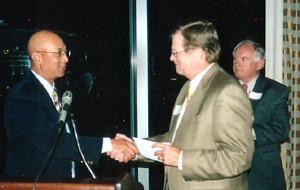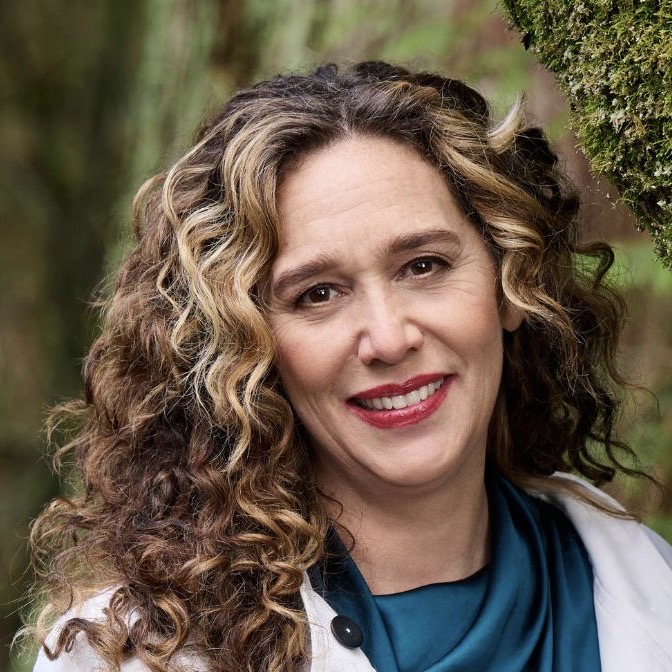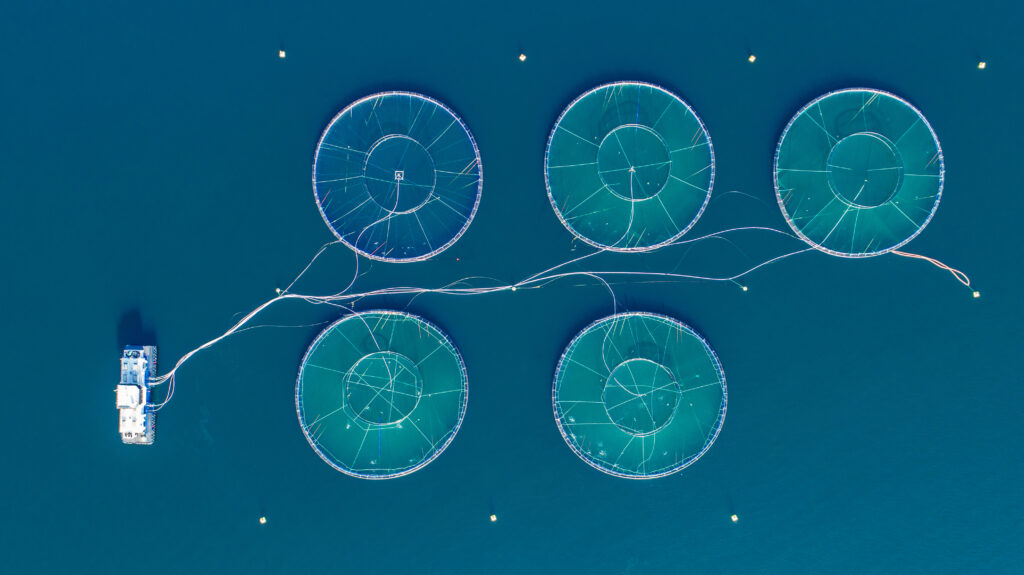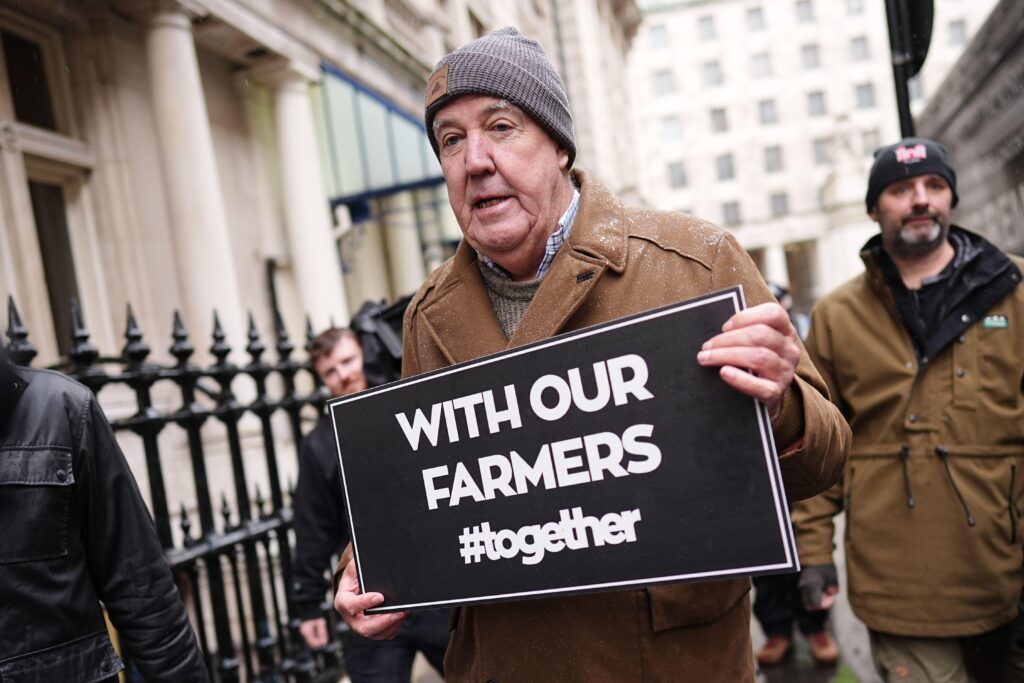One surefire way for conservation groups not to criticize the largest offshore drilling company in the world in the wake of a huge spill is for that company to sponsor and support its own conservation organization.
In this 2005 image, GMF President John LaRue accepts a check from BP’s Hugh Depland (left) at a recent reception.
Unfortunately, the deep connections between the Gulf of Mexico Foundation and Transocean Limited, (owners of the disastrous Deepwater Horizon rig) were omitted by the New York Times this week, which wrote a surprisingly positive front-page story about how the drilling disaster ‘wasn’t that bad’. NYTimes reporters Tom Zeller Jr. and John M. Broder spend the first half of the article on quotes from Edward Overton of LSU and Quenton Dokken of the Gulf of Mexico Foundation.
ProPublica reported that “At least half of the 19 members of [GMF’s] board of directors have direct ties to the offshore drilling industry.” One, Dr. Ian Richard Hudson, is the current Head of Corporate Responsibility and Environment at Transocean. Directors also hail from stalwarts of the conservation movement like ExxonMobil, BP, Shell, Marathon, ConocoPhillips and other extraction industry players.
In fact, the GMF website proudly displays photos of checks being presented by oil company executives to fund education programs and outreach efforts. 
Executive Director Quenton Dokken responded to ProPublica saying that the oil industry has “never tried to dictate the direction of the Foundation or change the mission of the Foundation.” ProPublica adds, via Dokken, “the Foundation has a budget of about $2 million. A quarter of its funding comes from private sector sources, including oil and gas companies.”
Education programs are a favorite kind of project for extractive industries to support because they reach new audiences with information tailored to present a neat and clean version of an ecosystem. They do this by taking teachers on guided tours, promoting online games that teach kids about ecosystems, and their award-winning program to teach Spanish-speaking youth about conservation.
While efforts to connect youth to conservation are typically not to be belittled, one major result in this case is the director of a “conservation organization” on the front page of the NYTimes stating that the Gulf oil disaster ‘isn’t that bad’.
Transocean efforts to brand itself as an environmentally friendly company don’t stop there. The company proudly participates in the Carbon Disclosure Project and counts its emissions, it conducts research on deep sea life, claims to use environmentally friendly chemicals underwater and proudly recycles.
All this raises the question: how ‘green’ can the world’s largest offshore drilling company really be?
Subscribe to our newsletter
Stay up to date with DeSmog news and alerts






